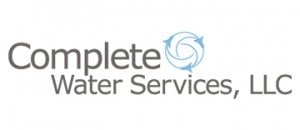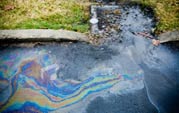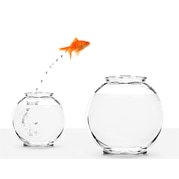Water Treatability Studies
Water and wastewater treatability studies range from relatively simple field tests to complex bioassays. Treatability studies can be used by experienced professionals to determine treatment for non-conventional contaminants such as molybdenum and complex mercury. Simple “jar tests” are also performed daily by the treatment plant operator to determine the proper amount of coagulants and flocculants needed for proper removal. This is true for water and wastewater from both industrial and municipal sources.
If you have a body of water or wastewater that has a very difficult or non-conventional contaminant, it is recommended that an experienced specialist assist with performing these treatability studies. CWS and our team of professionals is very experienced with most types of treatability studies and are available to assist you in determining the most feasible and cost effective treatment scheme for your water or wastewater. The following is a sample of treatability studies performed by our staff:
- Complex mercury reduction and removal at a former chemical plant and Superfund site. The treatment plant won the state’s “Plant of the Year” award.
- Bioassay to determine biological treatment design criteria for a very large manufacturer of water and wastewater treatment polymers. This plant also won the states “Plant of the Year” award for an industrial plant utilizing Land Application Systems.
- Treatability study to simulate ammonia reduction by air stripping and pH adjustment for a latex manufacturer and an imaging chemical manufacturer.
- Performed over 75 individual “jar tests” on a waste stream containing molybdenum at a facility that manufactured barbeque grills. Numerous chemicals were tested included conventional ferric based coagulants, sulfide based coagulants and carbamates.
- Treatability of phosphorus laden waste stream at a vegetable oil extraction plant and refinery. The tests included coagulation/flocculation followed by a pilot scale bioreactor to determine biological phosphorus uptake.
CWS has assisted numerous clients for many years with less complex studies generally associated with day-to-day treatment plant operations.
In addition, CWS provides pro bono training at the Georgia Water and Wastewater Institute, (www.gwwi.org) in industrial wastewater. The GWWI is a premier water and wastewater training institute in the USA. A “jar test” demonstration is used as part of the class. The power point training presentation used by CWS can be viewed by clicking Metals Finishing Treatment Class.




